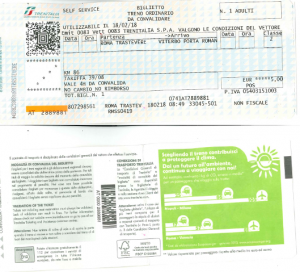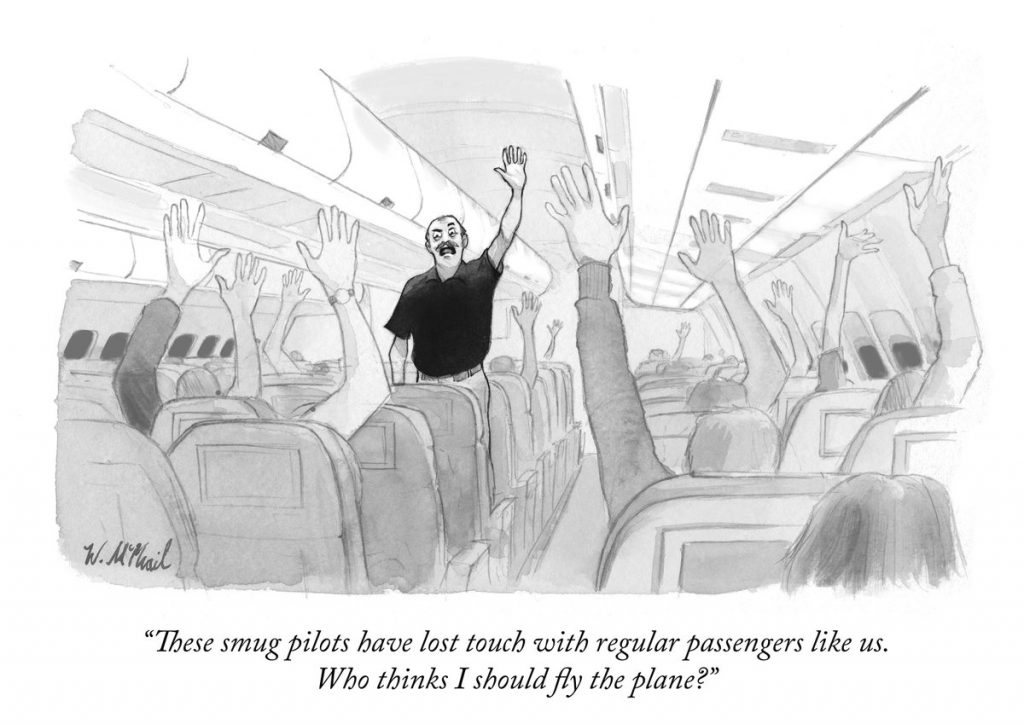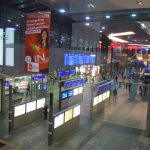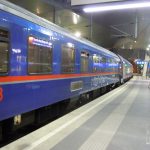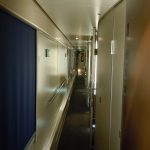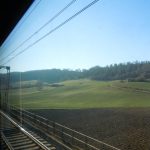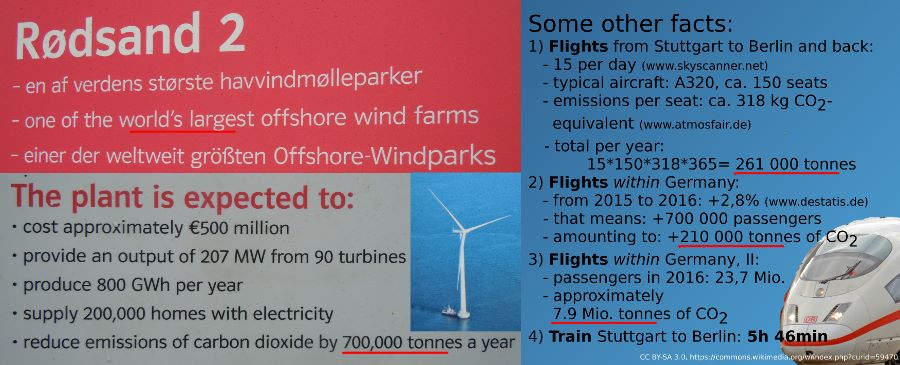SRF: Mit dem Nachtzug unterwegs – eine Reportage
The night train future: e.g. David Loher (around minute 20 in the report), about to establish night trains between the major European capitals, in the long run including e.g. Copenhagen and Amsterdam; with the first three by end of 2019:
- Bern-Basel-Berlin-Warsaw.
- Bern-Stuttgart-Leipzig-Dresden.
- Bern-Stuttgart-Neumünster.
Night trains back in Stuttgart! Good news. Also ÖBB is planning to extend their network in 2021 with completely new trains!
Night Train leak:
Some interesting numbers have been leaked:
Occupancy rates of night trains of the CityNightLine branch to Denmark, which was cancelled in 2014
In particular: „Total occupancy 2013 in the Danish branch of the CNL night train system 2013, estimate: 63 % occupied over the year.“
That is a much higher occupancy rate than in most day time trains and comes close to airline occupancy rates. So why are airlines so succesful then and night trains not, given that they reach similar occupancies?
The case is becoming more and more clear: it is simply, and foremost, due to political decisions. To repeat it: no VAT, no jetfuel tax, no emission trade for airline – full VAT, full energy taxes for trains and night trains!
Just like in the case of lignite (brown coal) power plants: the state has consciously decided to ruin our climate by subsidizing unsustainable use of fossil fuels!
—
Germany fails at its 2020 emission reduction goals. Completely. And air traffic is excluded from the Paris agreement. The official numbers say: we have not reached a reduction. If you include air traffic: we have increased emission!
Anyway: Why, even without air traffic, did we fail? The reason is an almost 30% increase oin traffic since 1990, the reference year of climate politics.
Maybe that is because many kilometers of street have been constrcuted, while more railways have been shutdown than constructed?
Or because the lorry toll on German highways has been reduced fro 5 years in a row?
